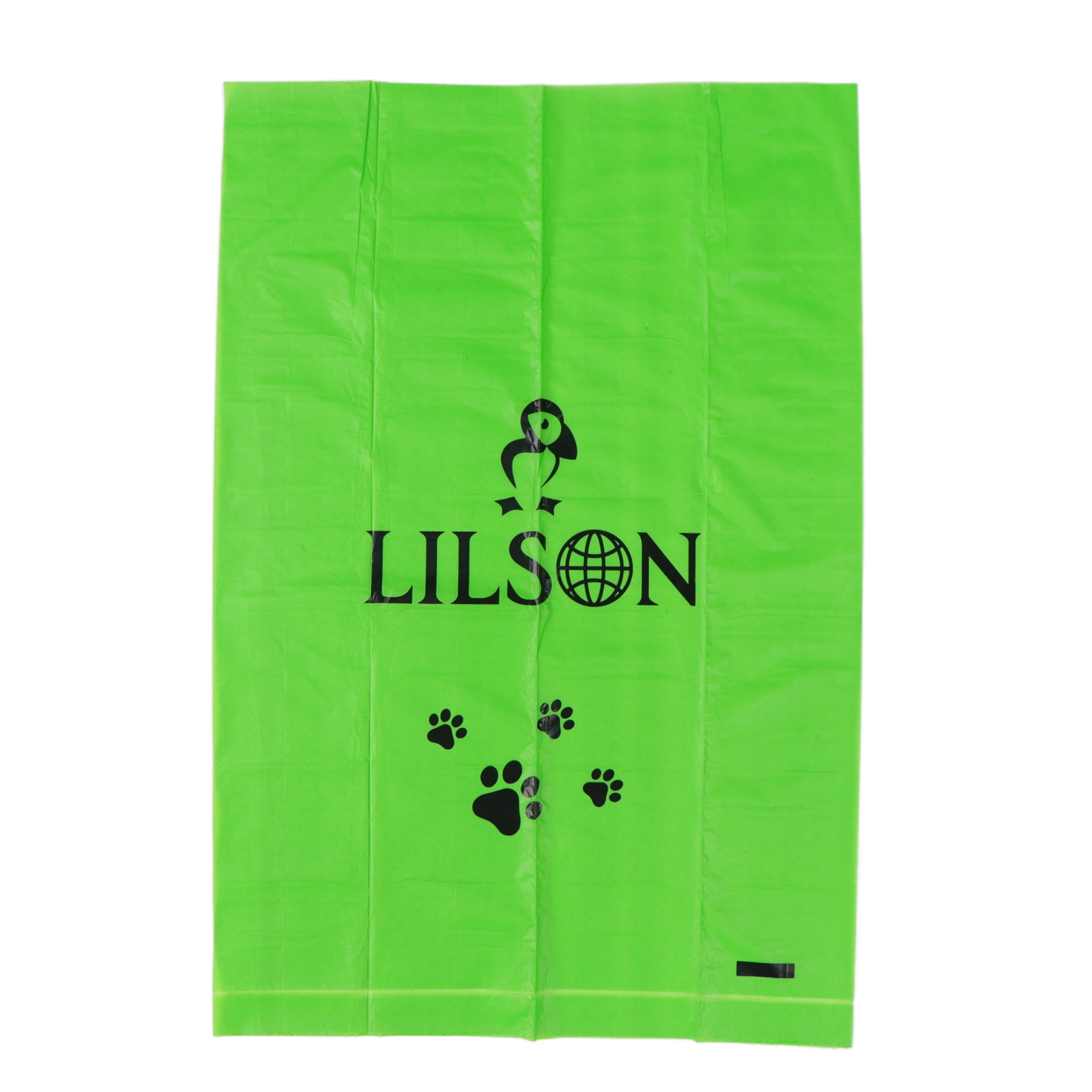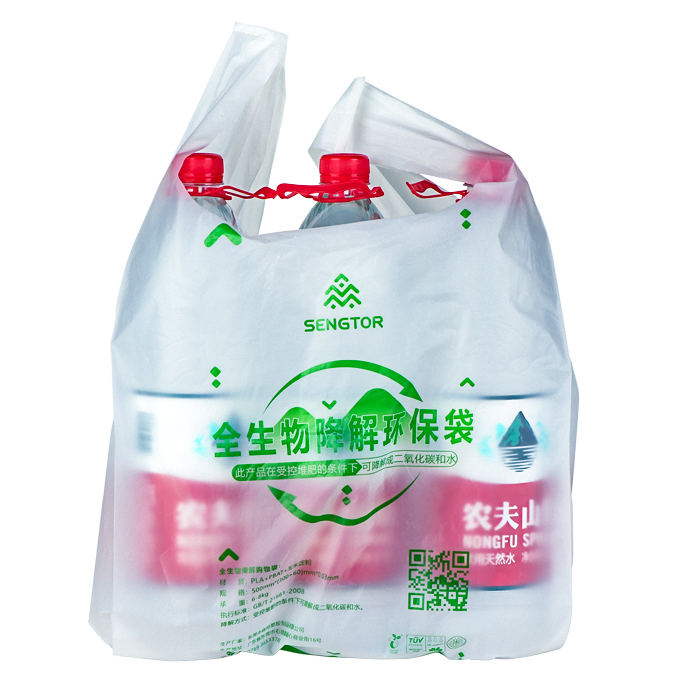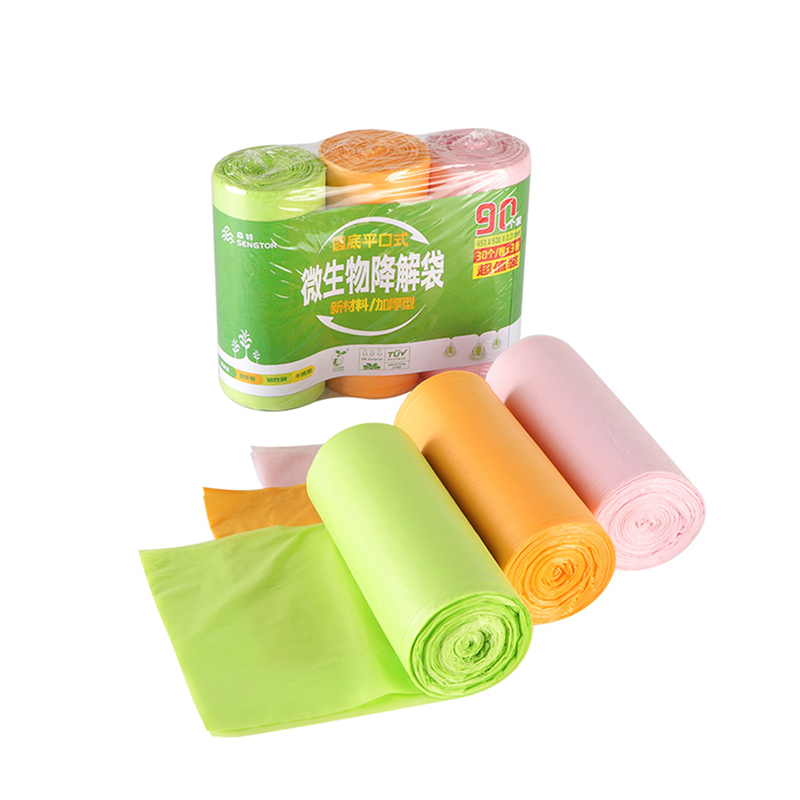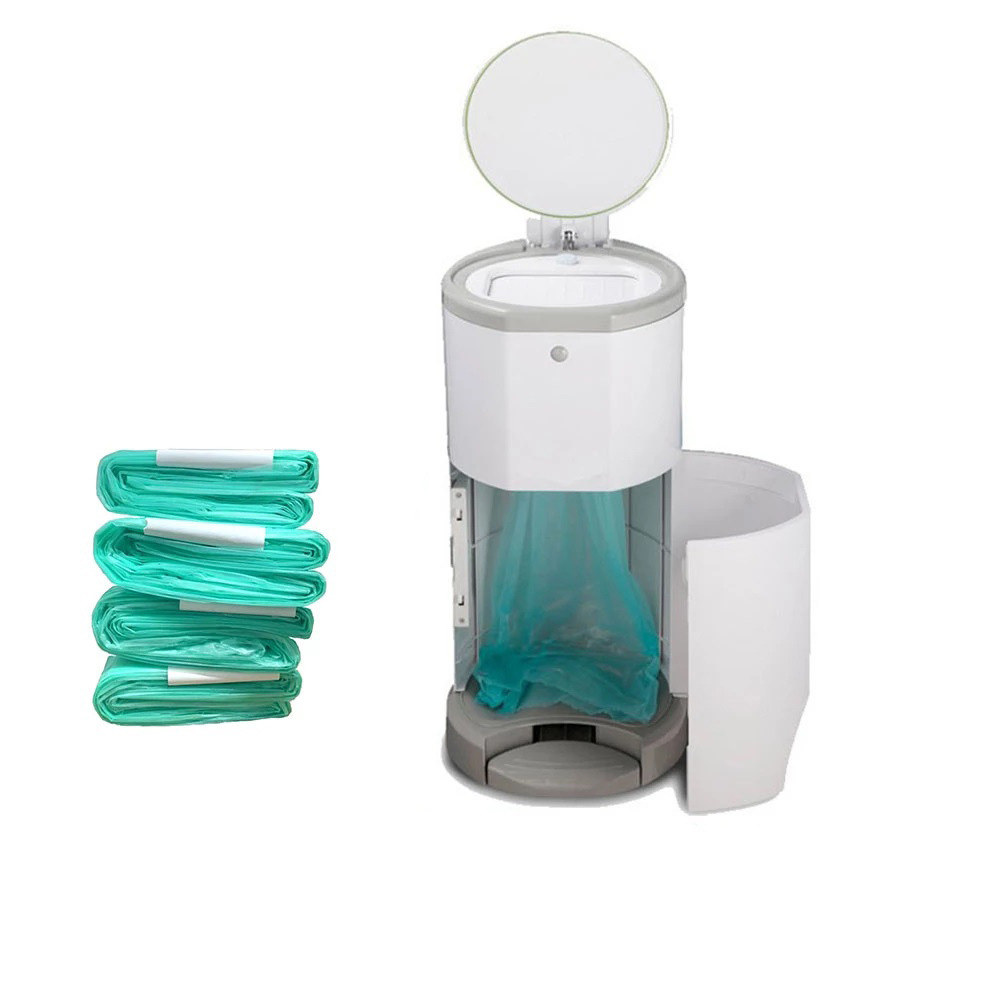Company News
Biodegradable tableware: Eco-friendly or pseudo-green? In recent years, biodegradable tableware has become a high-profile topic amid rising environmental awareness and concerns about plastic pollution. However, opinions are divided on whether these biodegradable tableware are environmentally friendly or pseudo-green.

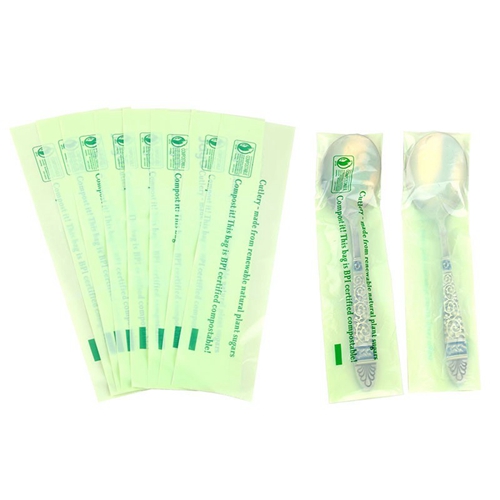
Biodegradable tableware refers to a class of products that can be decomposed by microorganisms and converted into water, carbon dioxide and organic matter under certain conditions. Biodegradable tableware is considered to have a lower environmental impact than traditional plastic tableware because they can be degraded into harmless substances, reducing soil and water pollution. Proponents argue that biodegradable tableware is an environmentally friendly option. They can reduce the use of plastic and reduce the amount of plastic waste generated. And, because biodegradable tableware breaks down in the natural environment and doesn't last as long as traditional plastics, it has less of an impact on the environment. In addition, the raw materials used in the production process of biodegradable tableware are usually renewable resources, such as plant fiber, corn starch, etc., which is also in line with the concept of sustainable development.
However, doubts about biodegradable tableware cannot be ignored. Some people believe that biodegradable tableware is not as environmentally friendly as advertised in actual use. First of all, biodegradable tableware needs specific conditions to decompose, such as high temperature, humidity, etc., and these conditions are not easy to achieve in actual waste disposal sites. Therefore, if these tableware are discarded at will, it may cause the same environmental problems as traditional plastic tableware. Second, the production of biodegradable tableware may generate large amounts of carbon dioxide and other greenhouse gases, negatively impacting climate change. In addition, some biodegradable tableware may contain additives or chemicals that may release harmful substances during the decomposition process.
In order to solve these problems, some experts put forward some suggestions. First of all, the standards and supervision of biodegradable tableware should be strengthened to ensure that it truly meets environmental protection requirements. Second, education of consumers should be strengthened to increase their awareness of the proper use and disposal of biodegradable tableware. In addition, the development of more environmentally friendly alternatives, such as degradable plastics and recycled materials, should be encouraged.
To sum up, biodegradable tableware is controversial on environmental issues. Although they have certain environmental advantages, there are still some challenges and limitations in practical use and handling. Therefore, we need to comprehensively consider various factors, including the production process, usage methods, and waste disposal, to evaluate the environmental performance of biodegradable tableware. At the same time, we should also actively explore other more sustainable and environmentally friendly solutions to reduce the impact of plastic pollution on the environment.

